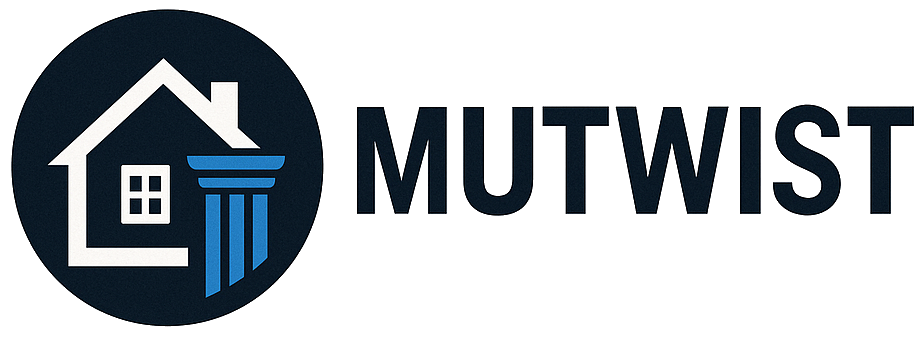Estate planning often conjures images of elderly individuals managing vast estates, but the truth is, everyone—regardless of age—can benefit from having a will. Many young adults assume that estate planning isn’t necessary until later in life, but life is unpredictable, and having a clear plan can save your loved ones from legal complications and emotional stress.
What Is Estate Planning?
Estate planning is the process of organizing your assets, healthcare decisions, and other personal affairs to ensure they are handled according to your wishes after you pass away or become incapacitated. While a will is just one component, it is arguably the most important.
Why Having a Will Matters — Even if You’re Young
- You Control Who Gets What
Without a will, state laws (intestacy laws) determine how your assets are distributed. This might not align with your personal wishes. A will allows you to specify who inherits your property, money, sentimental items, and more, ensuring your loved ones receive exactly what you intend. - You Can Name Guardians for Your Children
If you have children, or even if you plan to in the future, a will lets you appoint legal guardians to care for them if something happens to you. Without this, the courts will decide guardianship, which might not reflect your preferences. - Avoiding Family Disputes
When there’s no clear plan, families can face conflicts and prolonged legal battles. A will provides clarity and guidance, reducing the risk of misunderstandings, disputes, or favoritism claims. - It’s Not Just About Money
A will can cover more than just assets. You can include your wishes for funeral arrangements, charitable donations, or appoint an executor to handle your affairs responsibly. - Protecting Your Digital Assets
In today’s digital age, you likely have online accounts, social media profiles, and digital currencies. A will can designate someone to manage or close these accounts according to your instructions. - Life Is Unpredictable
Accidents, illnesses, or unforeseen events can happen at any age. Having a will ensures your affairs are in order regardless of when the unexpected occurs, offering peace of mind.
Common Myths About Wills and Young People
“I don’t have enough assets to warrant a will.”
Even if you don’t own a home or significant savings, you probably have personal belongings, digital assets, or insurance proceeds you want to control.
“I’m too young to think about death.”
Estate planning is about protecting your loved ones and yourself—not just death. It includes planning for incapacitation and healthcare decisions through powers of attorney and living wills.
“Creating a will is expensive and complicated.”
Thanks to online services and affordable legal assistance, drafting a simple will is more accessible than ever.
What Happens if You Don’t Have a Will?
If you die intestate (without a will), state laws determine:
How your assets are divided among relatives.
Who will care for your minor children.
Which family members can make decisions on your behalf.
This process can be slow, costly, and may not reflect your personal wishes, leaving your loved ones vulnerable during an already difficult time.
How to Get Started with Your Will
Take Stock of Your Assets and Beneficiaries
List your assets and think about who you want to inherit them.
Choose an Executor
Pick someone you trust to manage your estate and carry out your wishes.
Consider Guardianship
If applicable, decide who should care for your children or dependents.
Write the Will
Use a lawyer, online will service, or legal templates to draft a clear, legally valid will.
Review and Update Regularly
Life changes—marriage, children, new assets—so revisit your will periodically.
Beyond the Will: Additional Estate Planning Tools
Living Will: Specifies your healthcare preferences if you become incapacitated.
Power of Attorney: Grants someone authority to make financial or medical decisions on your behalf.
Trusts: Help manage assets for beneficiaries, often used to avoid probate or provide for minors.
Conclusion
Estate planning and having a will are not just for the elderly or wealthy; they are vital for anyone who wants to protect their loved ones and ensure their wishes are honored. By planning early, you reduce uncertainty, provide peace of mind, and make a thoughtful gift to those you care about most.
Don’t wait for “someday”—start your estate planning today. Your future self—and your family—will thank you.




